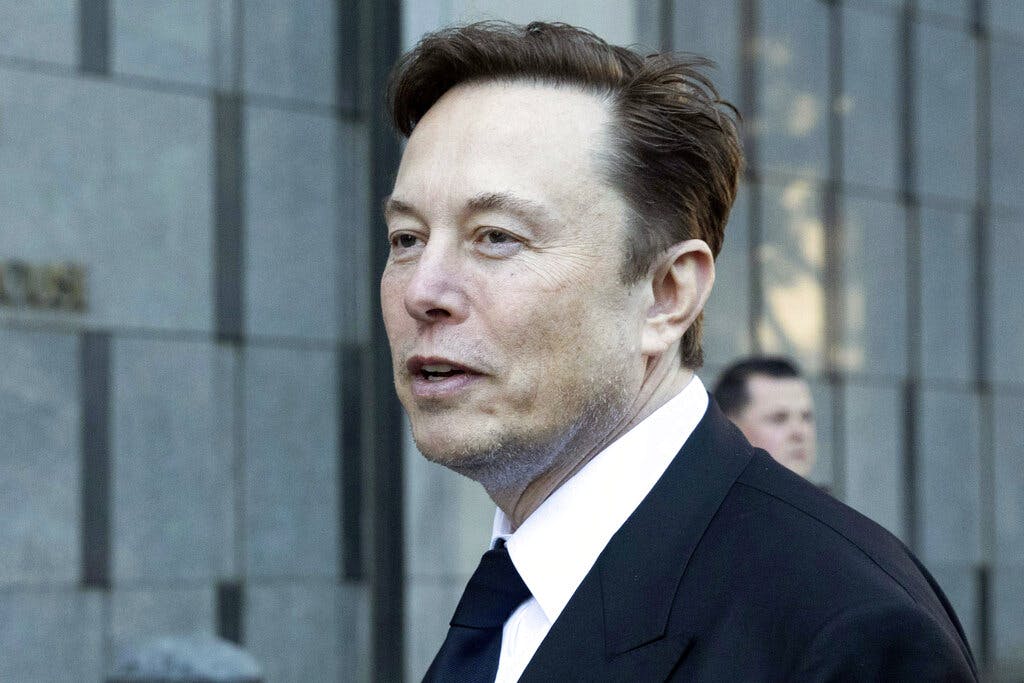‘The Biggest Corruption of American Democracy’?
Elon Musk has long portrayed himself as an advocate for the First Amendment of the Constitution — but what about Article I, Section II, which sets up the census?

‘Representatives and direct Taxes shall be apportioned among the several States which may be included within this Union, according to their respective Numbers, which shall be determined by adding to the whole Number of free Persons, including those bound to Service for a Term of Years, and excluding Indians not taxed, three-fifths of all other Persons.’ —United States Constitution, Article I, Section II
Elon Musk’s gripe that illegal immigrants being counted under the census amounts to “the biggest corruption of American democracy in the 21st century,” as he puts it, sent us back to the text of the Constitution. The billionaire — and proprietor of social media platform X — has long portrayed himself as an advocate for the First Amendment of the Constitution. Well, what about Article I, Section II?
That’s where the parchment sets up the census, or what the Framers called an “enumeration.” The first one was set for “within three Years” of the first sitting of the Congress, and then every ten years. It’s as fundamental to the workings of the republic as it gets. As for who gets counted, no distinction is drawn between citizens and immigrants — even if the phrase “other persons” glosses over slavery.
Mr. Musk’s comments came in response to an X poll that asked respondents whether they were “aware that the census counts ALL people, including illegal immigrants, for deciding how many House seats each state gets.” The survey found 51 percent answering in the negative, 49 percent answering the affirmative. The conductor of the poll, “The Rabbit Hole,” reckons, “I’m sure many Americans will be surprised to learn how our census works.”
Count Mr. Musk among those surprised. Yet from the first “enumeration” in 1790, the point was “to count every person living in the newly created United States,” the Census Bureau says. Even so, whether to count non-citizens along with everyone else is hardly a novel question. Conservatives in Congress were so dismayed by the number of immigrants in the 1920 census that they delayed the House reapportionment until 1929.
Members of Congress from lower-immigration states like Kansas and Tennessee in the 1920s even sought to exclude from the census count non-citizens. Yet when the Constitution was being drafted, the Framers had dropped the phrase “free citizens and inhabitants” in the text setting up the apportionment of the House, and replaced it with the more expansive “persons,” the Congressional Research Service reports. The revision took place sans “comment or debate.”
Not so for what emerged as the three-fifths compromise, which sought to bridge the North-South divide over slavery. Southern states wanted their slaves to count as whole persons in the census to boost their Congressional representation — even though enslaved persons lack voting rights. Northern states didn’t want to count slaves at all. The compromise papered over a dilemma that could have prevented the creation of America in the first place.
In 54 Federalist, Madison explains as how the House would be apportioned based on the “aggregate number of inhabitants,” noting that taxes would be calculated the same way, giving states less incentive to “exaggerate” their population. The 14th amendment, too, used the word “persons” in lieu of “citizens” when it revamped reapportionment after the Civil War and the end of slavery. That was to placate states with many resident immigrants.
An amendment would be required to bar the census from counting non-citizens, CRS concludes. Yet there’s no constitutional reason to bar the census from asking about Americans’ citizenship status. This was a point of contention when President Trump tried to restore that question for the 2020 census. That ran afoul of the Supreme Court, in a five to four ruling on, mostly, Mr. Trump’s failure to justify the change.
Which brings us back to Mr. Musk and current debates over the census. Republicans want to put a citizenship question back in the “enumeration,” and Democrats are zealous to keep it out. Even if the census were to tot up non-citizens, though, it wouldn’t alter the states’ delegations in the House. Nice to see a new American like Mr. Musk pitch in on this. Yet the part of the press is to write about the Constitution as it is, not as one wished.

